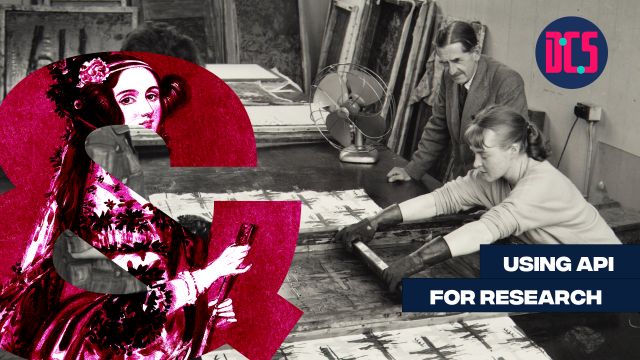Introduction to Bayesian Statistics

In Person
This two-class course will introduce you to working with Bayesian Statistics. Distinct from frequentist statistics, which is concerned with accepting or rejecting the null hypothesis, Bayesian Statistics asks what the probability of different hypotheses is, given the data and our prior beliefs about the world.
On this course, we will talk through the conceptual underpinnings of Bayesian Statistics, and give you hands-on practice fitting Bayesian models in R.
Learning outcomes:
- Understand how beliefs about the world are formalised
- See how different priors influence a model’s estimates
- Get to grips with interpreting posterior distributions
- Familiarise yourself with the workflow for running a Bayesian analysis
- Practise fitting and inspecting Bayesian models using the brms package in R
This is an advanced-level course. We will assume that you are comfortable using R and RStudio, and familiar with linear regression models (e.g. in lme4).
Please note that there is a reasonable amount of pre-setup required for this course, which in some cases will involve uninstalling and reinstalling R and RStudio (depending on version). Instructions will be provided ahead of the training to those that have registered.
Knowledge refreshment pre-reading suggestions:
- Introductory video on navigating RStudio
- Basics of probability theory
- Overview of null hypothesis significance testing
This course will be taught by Aislinn Keogh.
After taking part in this event, you may decide that you need some further help in applying what you have learnt to your research. If so, you can book a Data Surgery meeting with one of our training fellows.
More details about Data Surgeries.
If you’re new to this training event format, or to CDCS training events in general, read more on what to expect from CDCS training. Here you will also find details of our cancellation and no-show policy, which applies to this event.
If you're interested in other training on data analysis, statistics, and machine learning have a look at the following:
- Digital Method of the Month: Focus on Statistical Methods Part 1 - Differential vs Inferential
- Digital Method of the Month: Focus on Statistical Methods Part 2 - Linear Modelling
- Digital Method of the Month: Focus on Statistical Methods Part 3 - Simulation
- Digital Method of the Month: Machine Learning
- Introduction to Machine Learning with Python
- A Gentle Introduction to Causal Inference
- Regression and Mixed Effects Modelling
Return to the Training Homepage to see other available events.
Digital Scholarship Centre
Digital Scholarship Centre, 6th floor
Main Library
University of Edinburgh
Edinburgh EH8 9LJ












